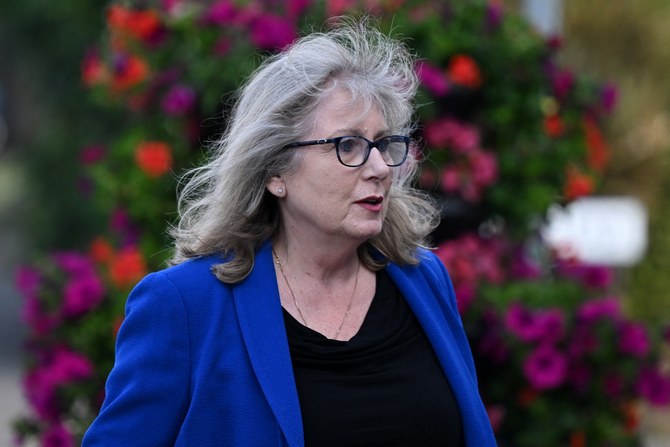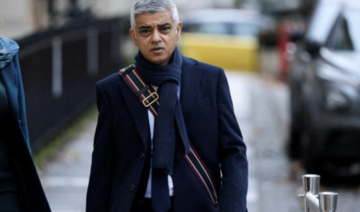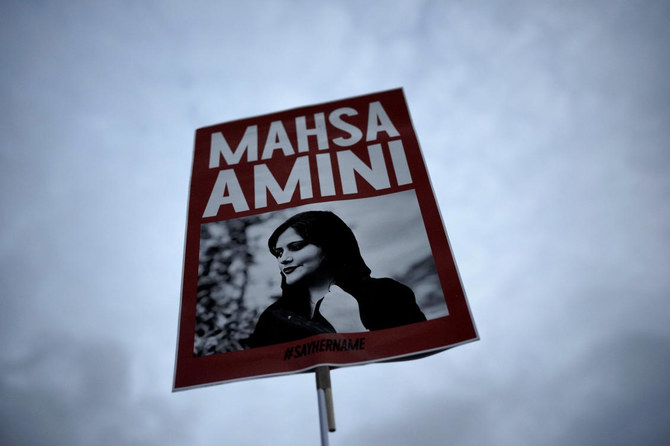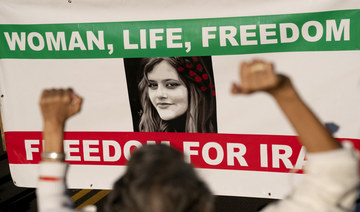BAMAKO, Mali: In a deepening crackdown, Mali’s ruling junta on Thursday banned the media from reporting on activities of political parties and associations, a day after suspending all political activities in the country until further notice.
The order, issued by Mali’s high authority for communication, was distributed on social media. The notice said it applied to all forms of the media, including television, radio, online and print newspapers.
Mali has experienced two coups since 2020, leading a wave of political instability that has swept across West and Central Africa in recent years. Along with its political troubles, the country is also in the grip of a worsening insurgency by militants linked to Al-Qaeda and the Daesh group.
The scope of the ban — or how it would be applied in practice — was not immediately clear. It was also not known if journalists would still be allowed to report on issues such as the economy, which are closely tied to politics and who would monitor their work.
The umbrella organization that represents journalists in Mali responded with an unusually stern rebuttal.
The group, known as Maison de le Press, or Press House, said it rejects the order and called on journalists to continue to report on politics in Mali. It also urged them to “stand tall, remain unified and to mobilize to defend the right of citizens to have access to information.”
Mali’s national commission for human rights also expressed regret and profound concern over the decision in a statement published late Thursday. It warned the junta the decision could prove harmful.
“Instead of calming the social climate, these restrictions on fundamental rights and freedoms could potentially stir up trouble and tension, which the country does not need,” it said.
The clampdown on the media followed a similar action on Wednesday, when the junta ordered the suspension of all activities by political parties until further notice, citing a a need to preserve public order. The news was broadcast on state television as the population was celebrating Eid Al-Fitr, the holiday marking the end of the holy month of Ramadan during which observant Muslims fast from dawn till dusk.
Analysts said the move was likely a backlash against political figures, civil society and students who have expressed frustration with the junta’s failure to return the country to democratic rule as promised.
“Recent weeks saw mounting pressure by political parties and figures,” Rida Lyammouri of the Policy Center for the New South, a Morocco-based think tank, told The Associated Press. “For the first time, the public and politicians have publicly criticized junta leaders and accused them of a lack of seriousness.”
Col. Assimi Goita, who took charge after a second coup in 2021, promised to return the country to democracy in early 2024. But in September, the junta canceled elections scheduled for February 2024 indefinitely, citing the need for further technical preparations.
The junta has vowed to end the insurgency that emerged in 2012 after deposing the elected government. It cut military ties with France amid growing frustration with the lack of progress after a decade of assistance, and turned to Russian contractors, mercenaries from the Wagner group, for security support instead. But analysts say the violence has only grown worse.
The United States said it was “deeply concerned” by the ban on political activities. “Freedom of expression and freedom of association are critical to an open society,” State Department spokesman Matthew Miller told reporters in Washington.



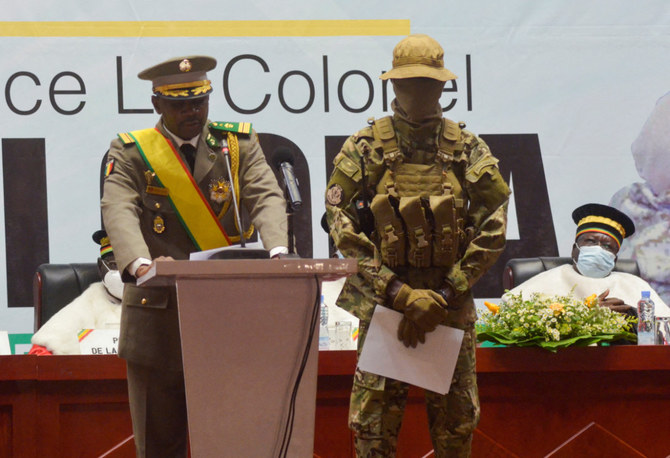
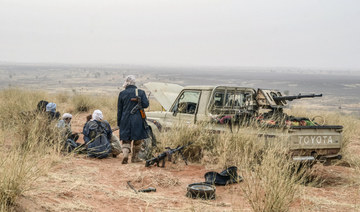
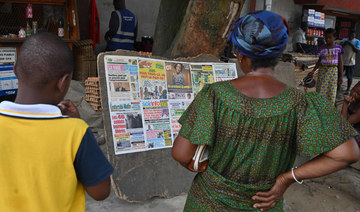




 Based in the company’s Riyadh office, Al-Shathri will be responsible for accelerating business growth in Saudi Arabia and building the operational business and community.
Based in the company’s Riyadh office, Al-Shathri will be responsible for accelerating business growth in Saudi Arabia and building the operational business and community.
